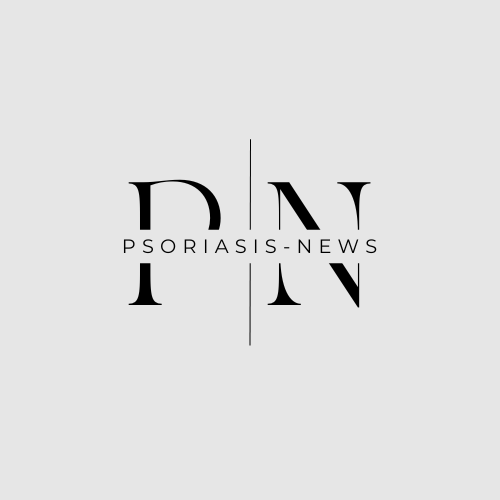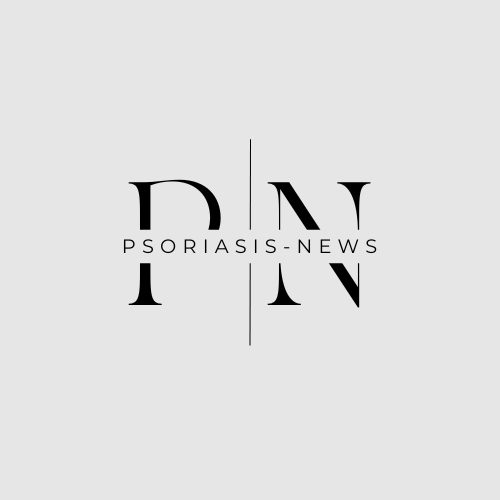Am J Psychother. 2024 Sep 30:appipsychotherapy20230061. doi: 10.1176/appi.psychotherapy.20230061. Online ahead of print.
ABSTRACT
Epigenetic modifications play a pivotal role in the regulation of gene expression and cell function, offering potential markers of disease states and therapeutic outcomes. Recent advancements in neuroscience have spurred interest in studying the epigenetic underpinnings of psychosomatic medicine. This review presents a new perspective on the role of epigenetic regulation in the realms of psychosomatics and psychotherapy. The authors first highlight epigenetic patterns associated with prevalent psychosomatic disorders, including irritable bowel syndrome, fibromyalgia, psoriasis, and lichen planus. For these conditions, psychotherapy serves as a treatment modality and can be conceptualized as an epigenetic intervention that beneficially affects the epigenome as part of the therapeutic process. Focusing on cognitive-behavioral and mindfulness-based therapies, the authors highlight evidence on psychotherapy-associated epigenetic signatures occurring at genes that are involved in stress response, inflammation, neurotransmission, neuroplasticity, and aging. Educating patients about the potential of psychotherapy to affect the epigenome may enhance patient engagement with and adherence to treatment, and psychotherapy-induced epigenetic changes have the potential to promote transgenerational disease prevention, underscoring the far-reaching implications of this therapeutic approach. Challenges persist in epigenetic studies, and this review aimed to catalyze further research in this burgeoning field, with the goal of enhancing patient care.
PMID:39344301 | DOI:10.1176/appi.psychotherapy.20230061

